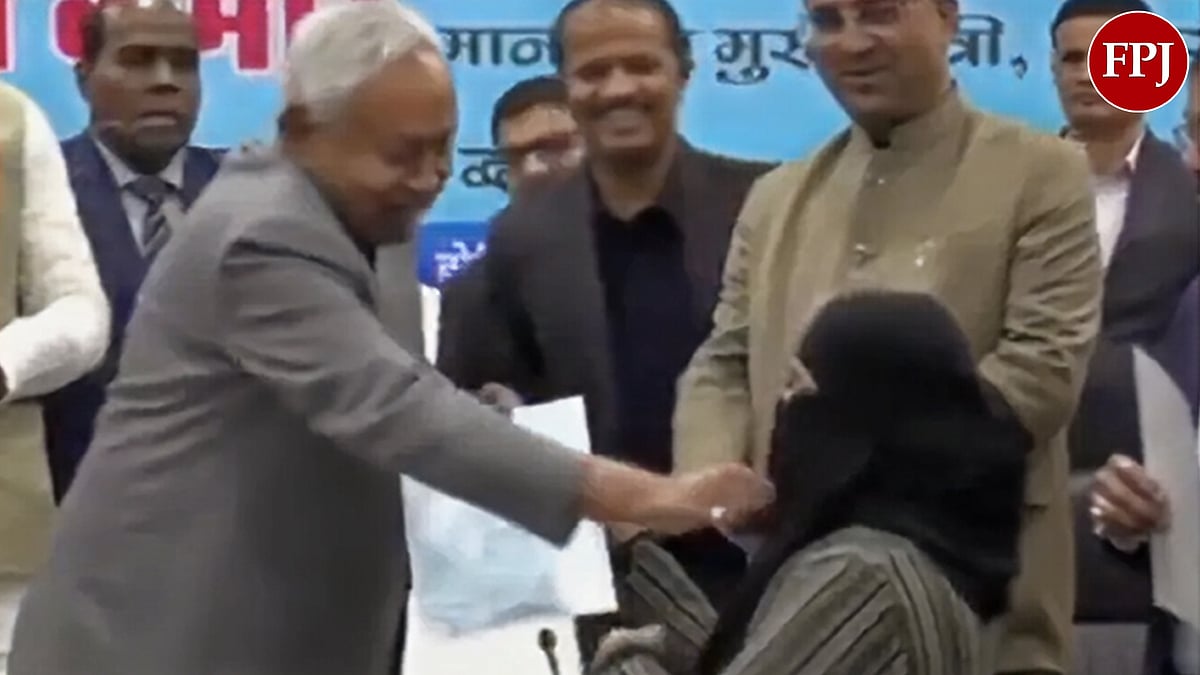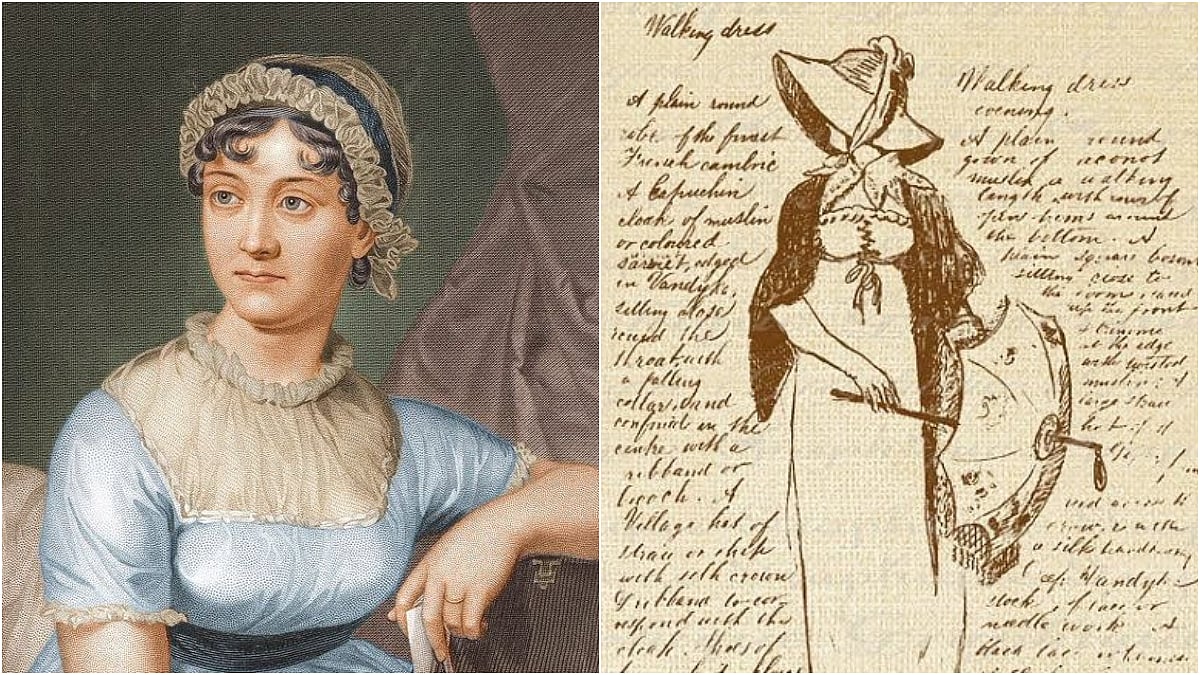In the end, it turned out to be a mere charade. The beleaguered, but thick-skinned N. Srinivasan, President of the Board of Control for Cricket in India, did not resign. He merely stepped aside, whatever that may mean. As per the convenient arrangement worked out by members of the cosy club that is the BCCI, for the duration of the ongoing inquiry into the IPL betting scandal, Srinivasan’s functions as its head would be performed by Jagmohan Dalmiya. Aside from the contrived nature of the compromise meant to keep Srinivasan in good humor, the choice of the stopgap president itself is no less controversial. Dalmiya himself is no stranger to controversy. He was ejected out of the BCCI a few years ago, following serious charges of defalcation of funds. To appoint such a man to helm Indian cricket at a time when its image has hit a new low following the spot-fixing scam in the money-making IPL, shows a complete lack of accountability and transparency in the functioning of the richest and most powerful cricket body in the world. Public image and the feelings of millions of fans seemed to matter little so long as members of the closed-door club were able to protect their own individual fiefdoms. At no stage was the overriding concern of the top BCCI honchos about protecting the image of Indian cricket, even if it had been irretrievably sullied by the arrest of Srinivasan’s son-in-law, Gurunath Meiyappan, in the betting scam. They were determined to protect their own individual turfs, regardless of how the people at large viewed their shenanigans. Srinivasan showed no remorse, no sense of humiliation that the spot-fixing scandal had occurred under his watch. Worse, he did not feel ashamed that his own son-in-law and the chief executive of the family-controlled IPL franchise, Chennai Super Kings, was arrested in the betting scam. He was determined not to resign. And resign he did not, even after a couple of lesser officebearers of the apex cricket body had resigned in disgust at the ugly controversy. Of course, nothing much is likely to come out of the internal inquiry ordered by the BCCI into the betting scam. It has no legal value. As for the investigations by the police in Mumbai, Delhi, etc., since betting as an offence does not specifically figure in the Indian Penal Code, the bettors and the bookies and the couple of players still in the police custody will be soon bailed out. Of course, the cricketing careers of the three players initially arrested by the Delhi Police will stand terminated. That is the least the BCCI can do to punish the players’ sullying of the game. Meanwhile, the fact that there has been no thinning of crowds at the IPL matches played after the betting scandal hit the headlines is an apt comment on the attitude of the people.
The Indian public seems to take scams and scamsters in its stride, accepting them as evil, but a necessary part of everyday life. It is this cynical attitude more than the failure of the authorities to clamp down on the crooks and thieves who steal public money that has spawned a whole army of rotten politicians, venal sports managers et al. The point is that as a people we are exceedingly tolerant of wrongdoing by people in diverse fields of public life. This is the main reason why scams are now a recurring feature. You cannot single out Srinivasan for behaving like a seasoned politician found with his hand in the till. In any case, he must be wondering why he is being asked to account for the doings of his son-in-law. He cannot be faulted for thinking on those lines. After all, a more powerful son-in-law with open-and-shut cases of influence-pedlling and illicit money-making has been given a clean chit with supersonic speed. The culture of sports cannot be any different from that which dominates the public life, especially when a number of politicians dominate sports bodies like the BCCI, the Indian Olympics Association, etc.





